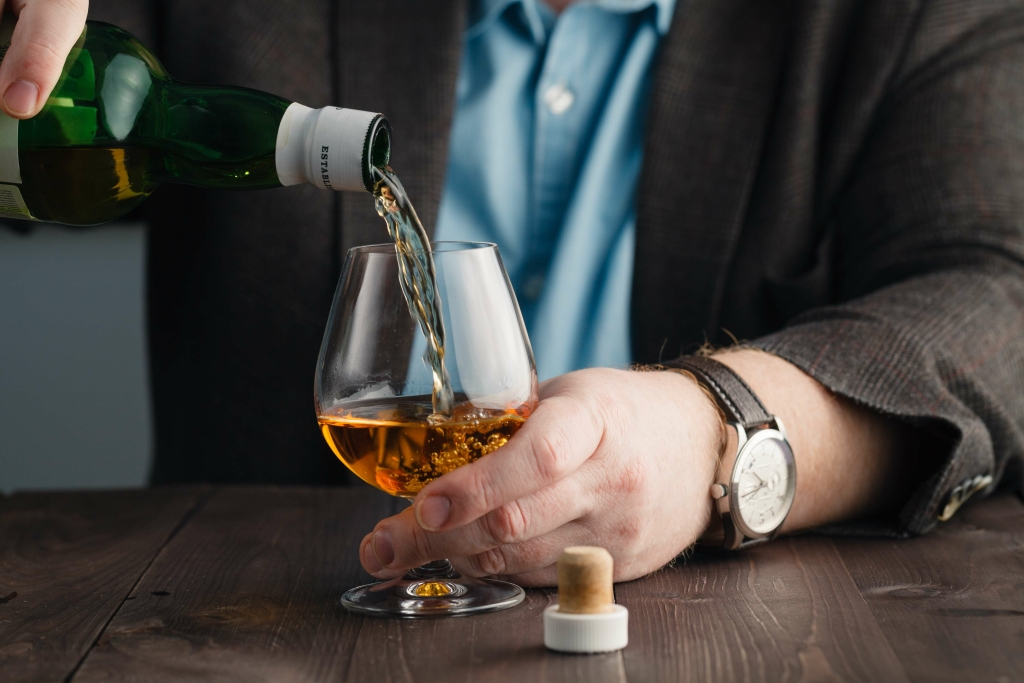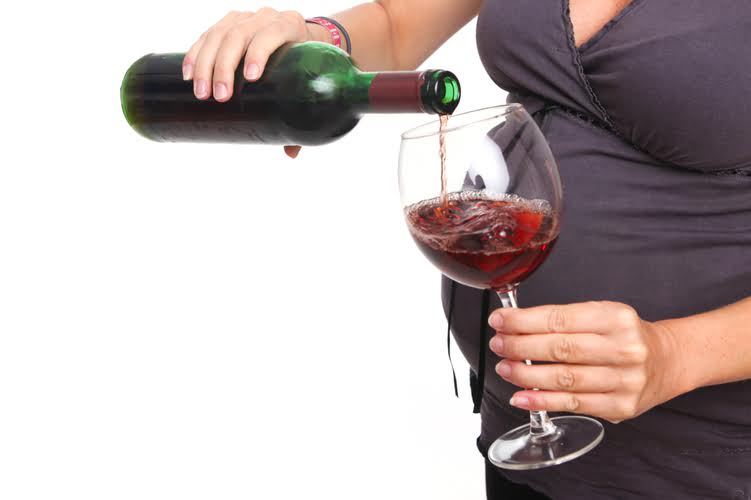Many people once addicted to heroin or other so-called “hard drugs” often use this term. The best strategy is to create your own small culture of health and responsibility—at work, at home, or elsewhere. Every human being can succeed in modifying his or her own thinking, behavior, social reality, and life course.
Avoid Replacement Addictive Behaviors
- From there, preparing, planning, finding support, and talking to a healthcare provider can help put you on a path to a successful recovery.
- Counseling can be simple or intensive depending on the severity of your drinking problems.
- Intensive support is often needed for recovery from addiction.
- But with every step they take, they’re building resilience, strengthening their resolve, and moving closer to the life they envision.
Some people are able to stop drinking on their own or with the help of a 12-step program or other support group (see below for links). Others need medical supervision in order to withdraw from alcohol safely and comfortably. Which option is best for you http://www.danteandluigis.com/sauces depends on how much you’ve been drinking, how long you’ve had a problem, the stability of your living situation, and other health issues you may have. Let friends, family members, and co-workers know that you’re trying to stop or cut back on drinking.
Rehab Programs & Treatment Options
These may simply be people who don’t drink (or who drink moderately), don’t smoke, don’t gamble, and so on, and who are fully involved in life, work, and other positive activities. In doing so, you replace the unhealthy and excessive groups with which you have been associating with people who will model moderate and constructive behavior. Even though it can be a challenge, the benefits of overcoming addiction far http://triphit.ru/brain-in-my-head-steam-key-region-free-global-row.html outweigh any perceived benefits of continuing substance use. Other research pinpoints the values of cognitive behavioral therapy for relapse prevention, as it helps people change negative thinking patterns and develop good coping skills. Bear in mind that stopping taking drugs is only one part of recovery from addiction. Strategies that help people stay in treatment and follow their recovery plan are essential.
I have angered my friends and family.
It is always best to seek medical counsel before deciding to quit drugs on your own. Cocaine can have various adverse effects on physical and/or mental health. Severe medical complications can include heart attacks, seizures, strokes, and coma.

Our approach, in contrast, respects every person’s capacity to improve and to make positive choices, even in the case of the most compulsive behaviors. Instead of undermining your integrity, we give you credit for being a responsible adult capable of self-management. Our approach for changing destructive habits, called the Life Process Program, is instead rooted in common sense and people’s actual experience. Addiction is a learned and ingrained habit that undermines your health, your work, your relationships, your self-respect, but that you feel you cannot change. We believe that many people want an open-minded, realistic way to understand and deal with addictions—their own, their spouses’, their children’s, their friends’ and employees’.
It also covers the symptoms of withdrawal that you might experience and some of the effective treatment options that are available. You may also want to consider if anyone in the list of friends and family should not be included. Support groups or self-help groups can be part of in-patient programs or available for free use in the community. Well-known support groups include narcotics http://popugay.crimea.ua/forum/bolezni-popugaev-f33/temno-zeleniy-pomet-silnaya-vyalost-droj-poterya-appetita-volnistogo-popugaya-t8492.html?sid=e45584a135f8e0f6d625742796bb5423 anonymous (NA), alcoholics anonymous (AA), and SMART Recovery (Self-Management and Recovery Training). People get beyond the “list” stage to a place where the rewards of the new life-style are so well established as to make relapse a virtual impossibility. We began this guide with a discussion about values and the many ways in which they help people find their path out of addiction.
Overcoming Your Addiction
She found treatment that worked and has lived drug-free for more than 20 years. A separate study published by the CDC and the National Institute on Drug Abuse in 2020 found 3 out of 4 people who experience addiction eventually recover. Kelly co-authored a peer-reviewed study published last year that found roughly 22.3 million Americans — more than 9% of adults — live in recovery after some form of substance-use disorder. Anna Mable-Jones, age 56, lost a decade to cocaine addiction.

- For those who quit cold turkey (i.e., abruptly), some medications can help manage withdrawal symptoms.
- You may be thinking about the incident through the lens of all the other substance-related missteps in your past.
- The time it takes to taper will depend on how long you’ve been drinking, how much you’ve been drinking and a variety of personal factors.
- It can help to stay connected to positive people who are recovering from addiction, through support groups.
Psychologists have developed therapeutic techniques to deal with emotions such as anger, anxiety, and depression. These techniques (called cognitive-behavioral therapy) involve changing the way that you think about and react to an emotion-arousing occurrence. Making a problem manageable so that you can tackle it can mean breaking a larger problem into component parts. If you are leaving a relationship, for example, you have to see to your emotional well-being, find a place to live, seek social support, and arrange a number of other parts of your life.


